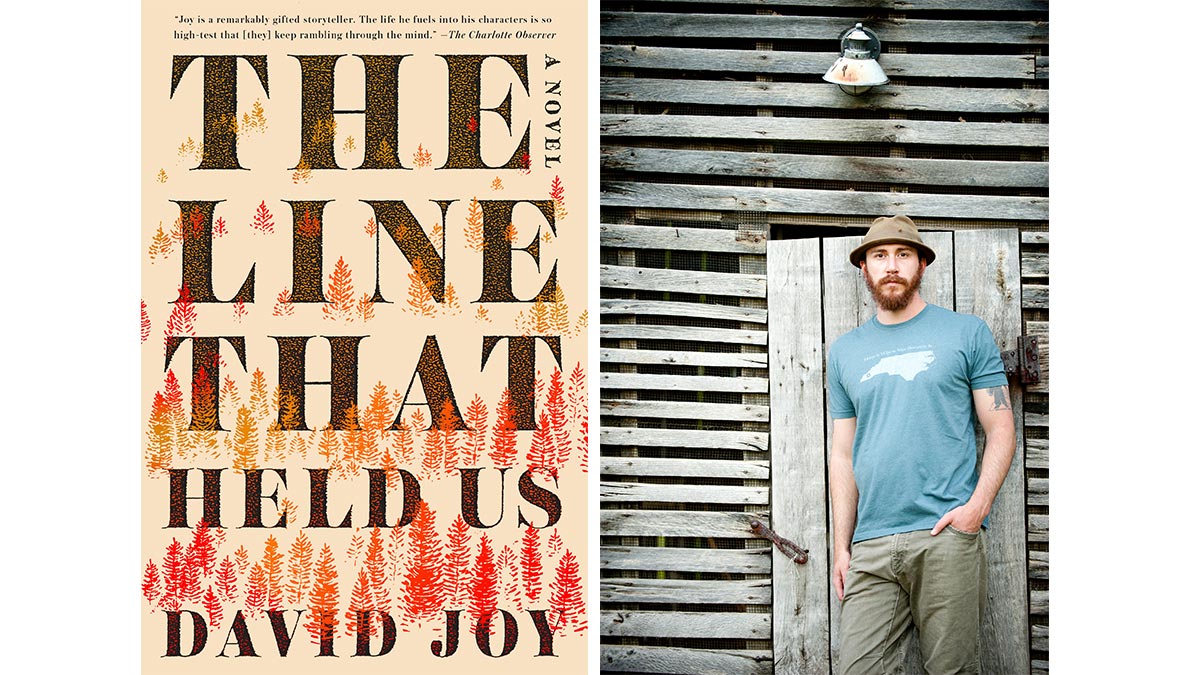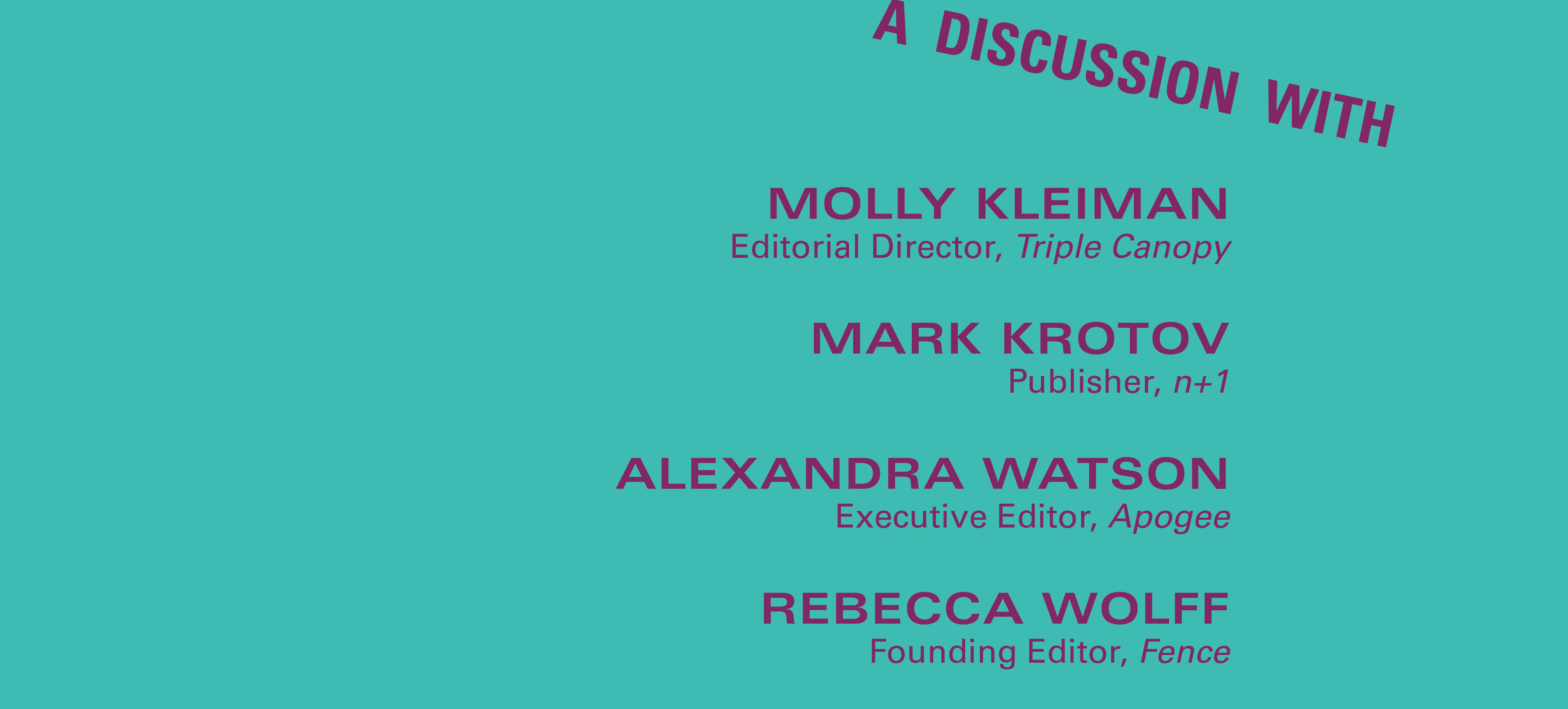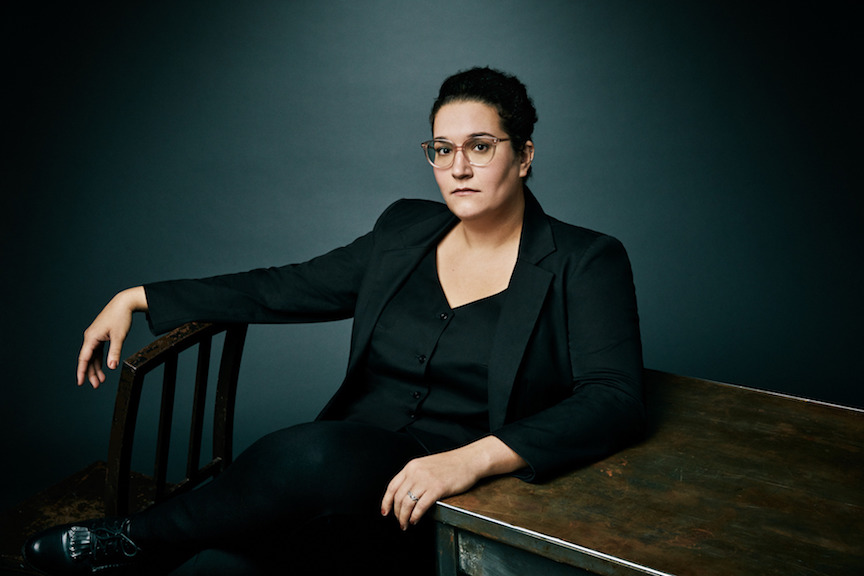The Word Process is an interview series focusing on the writing process and aimed at illuminating the many ways that writers approach the same essential task. In this interview, the novelist and memoirist David Joy talks about the organization of disorder, the upside of writing in the middle of the night, and the compulsion to create.
You can read other Word Process interviews here.
What does your writing desk look like? What objects, photographs, texts or talismans do you keep there?
I’ve never had a desk. I’ve never had an office space where I could put a desk. As unromantic as it might sound, I wrote those first two novels sprawled across a couch and sometimes lying flat on my stomach in bed. The third novel, I think I wrote most of it on a couch, but a different couch than the first two novels, and the book I’m working on now I’ve written mostly in this old ratty burlap-sack-type-fabric armchair that seems to be disintegrating. I’d say the only thing that’s really been consistent is the consistency. Once I start working in a place I tend to work in that same place until the work’s done. The other thing that always seems to happen is that scraps of paper with notes written on them wind up covering everything around me. I can’t have anyone move anything when that’s happening. The disorder is its own sort of organization. I know where everything is and I have to be able to see it. Usually the notes are just chicken scratch on the back of cocktail napkins or on empty envelopes or whatever I can find to write on when the idea comes. Sometimes it’s just a single word or a phrase or a name, but I wind up surrounded by all these little pieces of paper. By the end it kind of looks like someone sitting in a heap of trash.
Describe a typical day in your writing life.
That’s something that’s changed over the course each book. When I wrote that first novel I was working two jobs. I got to my first job at eight in the morning and worked until five. I got to my second job at 5:30 and worked until 9:30. I usually got home around ten and so I was writing in the hours between about 11 pm and four in the morning. I did that until the book was done. By the second novel I’d quit those other jobs, but I still wrote mostly in the middle of the night. Sometimes I wouldn’t get going until maybe midnight and I usually wrote until the sun was coming up. Looking back I think that was just when the world went quiet. You don’t get emails or text messages or phone calls at that hour. You kind of have everything to yourself. There’s also just this sort of dreamlike quality about that time of day, and I think that can be helpful. These last two novels I’ve written mostly in the daytime. I get up about seven in the morning or so and drink coffee and read. I usually start working on something if I can and then continue through the day. I live with someone now and maybe that’s the difference. Before I had everything to myself. Now I’m in a house with someone else and she goes to work about eight or nine in the morning and comes back about six in the evening, the typical work day, and so I get most of my writing done while she’s gone. Writers are good about finding whatever leftovers they can. Writers who are parents and working multiple jobs, they still find moments to squeeze in the story. They have to. I think that’s probably the common thread is just that drive and that willingness to make whatever time you have work.
When it comes to the craft of writing, what do you think is the most important quality or skill for a writer to possess in order to excel, and why?
I think that artists are creatures of compulsion. You hear people all the time say things like, Yeah, when I retire I’m going to write a book, or, When I get the time I’m going to work on a novel, and the truth is that no, you’re not. If you were a writer you would write. You would be writing. You wouldn’t be able to help yourself. I think all artists are just compelled to create. That feeling’s not something you can just up and ignore. It feels like your life depends on it. It feels like if I don’t get this story out of me or this song out of me or this painting out of me, I’m going to catch fire.
Now assuming everyone we’re talking about has that quality, I think there are a couple things that separate those who succeed and those who fail. For one, it’s just putting the work out there. It’s being okay with rejection. It’s burning the book if you have to and starting over and doing it again because that’s what had to be done. There’s a fearlessness to it. You do that long enough and I think you’ll see some success even if it’s just small publications here and there. As far as going to that next level, though, publishing consistently with Big Five publishers, I think a lot of that is luck. That’s not to say that the people publishing here aren’t talented because they are, but that is to say that I know a whole hell of a lot of writers who are as talented or more talented than I am who’ve never gotten that shot. All you can do is play the cards. I’ve been pretty lucky in that sense. I’ve been dealt some damn good hands.
What book, poem, story, essay or quotation inspires you as a writer? What are your literary touchstones, the things that come to mind as you sit down to write a first draft?
My reading tastes are pretty eclectic and maybe unlike a lot of novelists I tend to read more poetry than fiction, but I think regardless of form or author I’m just inspired by sentence level and line level language. When I come across a sentence that’s really working or a line that just absolutely sings, I don’t know anything that makes me feel better than that. That can come from anywhere. It can come from reading Rebecca Gayle Howell or Ray McManus or Donald Ray Pollock or Crystal Wilkinson or Jose Saramago or Maurice Manning or Chigozie Obioma. Hell, it can come from reading my own work, from reading whatever I’m working on. But it’s that music and the language that interests me most, and when it’s really working I think that’s what pushes me forward.
As far as what comes to mind when I’m working on something new, typically it’s image. Things tend to start with an image and usually there will be a character that sort of arises out of that image. I wind up getting sort of obsessed with that character and getting to know them. Sometimes this happens really quickly and sometimes it’s something that takes place over the course of a year or two. Regardless, there are thoughts that I can’t get rid of, that I just can’t seem to shake. I get overwhelmed by them. I think that’s one way I know I’ve really got something, too, is when I just can’t get away from that image or those characters. Then when I sit down, there’s not really anything else. It’s just all of that madness that’s been whirling around in my head for so long and it’s trying to figure out some way to make sense of it, how to put that puzzle together so that other people can see what I’ve been seeing.
What do you do when you feel stuck in your writing?
I don’t think there’s anything in particular that I do, but there’s one thing I don’t do. I don’t sit around staring at a new document on a computer screen or staring at an empty piece of paper. I think that’s a good way to lose your mind. Writers tend to be a sort of manic lot. You either feel like you’re the greatest thing to ever exist or you feel absolutely worthless. That worthlessness is debilitating, and that’s a damn fine way to feel worthless is to sit there staring at an empty canvas waiting for an idea to come. I’ve never had a story arrive that way. So instead I go work in the garden. I go fish. I go for a hike. I go sit in the woods. I go watch the cows. I go for a drive. I go take a shower. I go scout places for deer season or turkey season. I go people watch at the flea market. I go drink beer. I do all sorts of things, but I refuse to sit there staring at an empty page.
What’s the best advice about craft or process that you’ve ever received?
When I was younger I had the privilege of watching Ron Rash work. I think Ron’s one of the most talented writers of my lifetime, but anyways, he was just very methodical. Everything had to be just so when he sat down at the desk, and once everything had its place, he’d work. He wrote everyday. His process was clockwork. Every. Single. Day. Me, I’ve never been able to do that and so for a long time watching him I felt inadequate. I felt like I was doing something wrong. Then one day I was reading an old interview in the Paris Review’s Art Of Fiction series, an interview with Raymond Carver. Raymond was talking about how he worked and particularly the times when he wasn’t working and he said, “it’s as if I’ve never written a word or had any desire to write.” That was the feeling I knew. That was what it always felt like when I wasn’t working. But he said that when he was writing it was what John Ashbery called “the paddlewheel of days.” Raymond said it was, “One day dovetailing into the next.” He said, “Sometimes I don’t even know what day of the week it is.” When I read that, I felt like he’d captured my process exactly. I remember it just felt empowering. It was validating, because here was one of the greatest short story writers to ever live saying he was exactly like me. At the end of Raymond’s response, he said, “I’ve learned to be patient and to bide my time. I had to learn that a long time ago. Patience,” and I think above all else that’s the thing that’s stuck with me. I know that if I wait long enough that feeling’s going to come. There’s going to be that compulsion. There’s going to be an image, a character, a story. I trust in that. That’s the one thing that’s never failed me.
David Joy is the author of the Edgar nominated novel Where All Light Tends to Go (Putnam, 2015), as well as the novels The Weight Of This World (Putnam, 2017) and The Line That Held Us (Putnam, 2018). He is also the author of the memoir Growing Gills: A Fly Fisherman’s Journey (Bright Mountain Books, 2011), which was a finalist for the Reed Environmental Writing Award and the Ragan Old North State Award. Joy is the recipient of an artist fellowship from the North Carolina Arts Council. His latest short stories and essays have appeared in The New York Times Magazine, Garden & Gun, and The Bitter Southerner. Joy lives in the North Carolina mountains.
Photo Credit: Courtesy Putnam (l) and © Ashley T. Evans (r)




